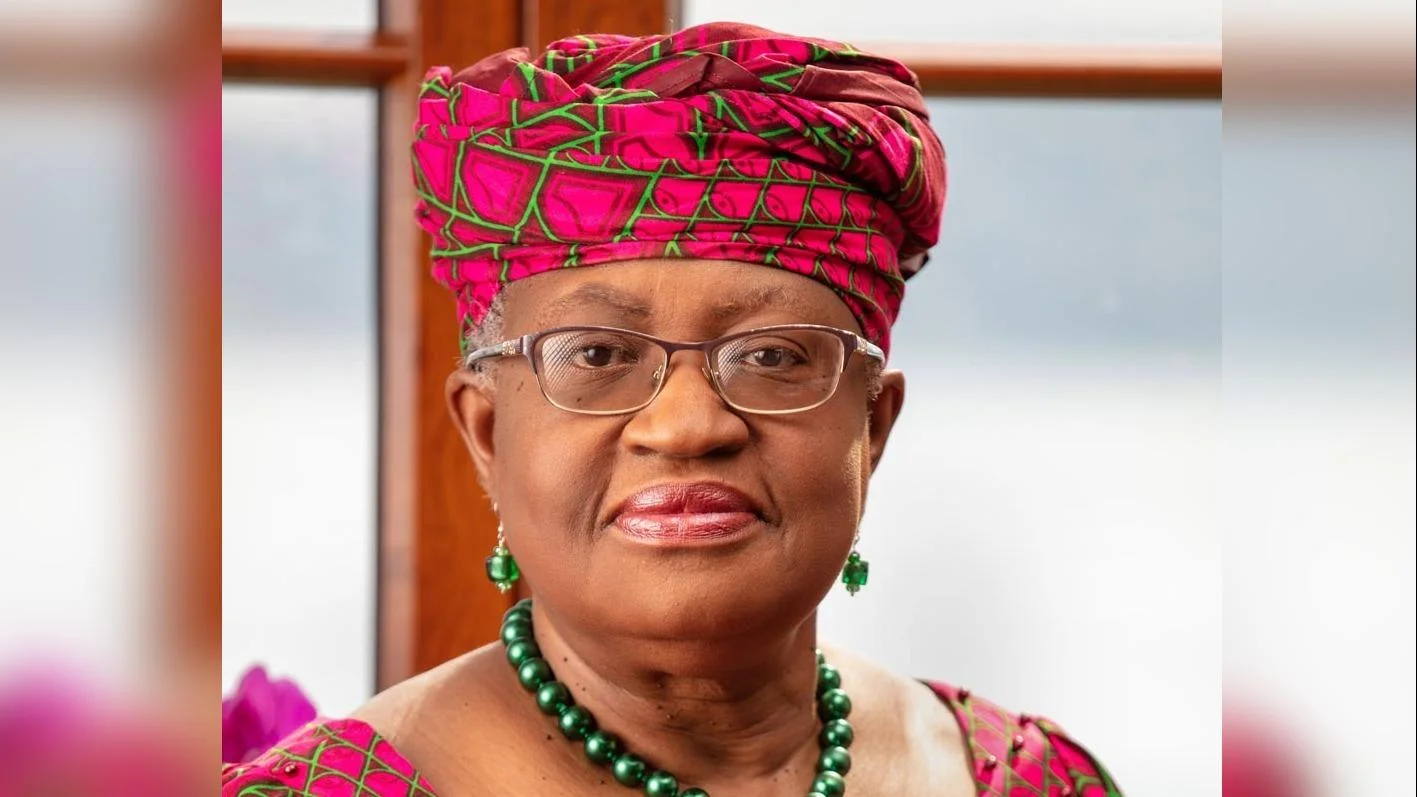The Aid for Trade Global Review recently highlighted the global push for sustainable fisheries, focusing on the WTO Agreement on Fisheries Subsidies. This agreement aims to prohibit harmful fisheries subsidies and promote sustainability.
WTO Deputy Director-General Angela Ellard stated, "As you know, the WTO Agreement on Fisheries Subsidies, once in force, will prohibit certain forms of harmful fisheries subsidies. It will serve as a powerful tool for contributing to the sustainability of these precious resources. It can also contribute to ensuring food security for the many millions of people who rely on these resources for their livelihood globally."
Ellard acknowledged that developing members and least-developed country (LDC) members might face technical and resource challenges with the new disciplines. She emphasized that these challenges could be addressed through targeted technical assistance and capacity-building, including the new WTO Fisheries Funding Mechanism and other development finance sources.
A new WTO Secretariat report titled “Leveraging Global Partnerships to Implement the WTO Agreement on Fisheries Subsidies for a Sustainable and Food-Secure Future” revealed that between 2010 and 2022, USD 6.2 billion was committed to support marine fisheries. Of this total, 71% (USD 4.4 billion) was directed at supporting sustainable fisheries policies in developing economies and LDCs.
The report also noted significant growth since 2018 in funding for fisheries projects focused on food security and nutrition. Disbursements to such projects totaled USD 540.5 million between 2018 and 2022, growing by an annual average of 93%.
To complement ongoing assistance, the WTO Fisheries Funding Mechanism Trust Fund has been established to help developing members and LDCs implement the Agreement. Contributions to the Fish Fund have reached over CHF 12 million, with additional public pledges amounting to CHF 2 million.
Despite positive trends, the report highlighted that annual ODA for fisheries is overshadowed by an estimated USD 22 billion spent globally on harmful fisheries subsidies—a stark contrast noted by Ellard: "What a game changer it would be for the ocean and fish stocks if we were able to turn harmful fisheries subsidies into support for sustainable fisheries."
The approaching entry into force of the WTO Agreement on Fisheries Subsidies marks a significant milestone aimed at curbing harmful subsidies contributing to overfishing. Seventy-seven WTO members have formally accepted the Agreement; thirty-three more acceptances are needed for it to come into effect.
Ellard expressed gratitude towards members who have deposited their instruments of acceptance: "I want to thank all of the members who have already deposited their instruments for showing such leadership in doing so."
Benin's Ambassador Angelo Dan announced that Benin would soon deposit its instrument of formal acceptance, emphasizing its importance as a coastal state reliant on sustainable fisheries.
Norway's Ambassador Petter Ølberg highlighted Norway's contributions towards stock assessments, fisheries management, enforcement, and combatting illegal fishing: "You need information, you need capacity building, and we are providing just that."
Audun Lem from FAO pointed out forthcoming enhancements in FAO’s fisheries assessment methodology: "Why this is important is because, in order to manage your stocks sustainably...you need data."
Valerie Hickey from the World Bank stressed the link between poverty alleviation and healthy fish stocks: "We're never going to have a world without poverty in a world without healthy fish stocks." The World Bank is directing funds towards policy reform and institutional strengthening.
At the opening of the Aid for Trade Global Review on June 26th, Barbados Minister of Foreign Affairs Kerrie D. Symmonds emphasized efforts to curb fisheries subsidies through both “Fish 1” (the initial agreement) and “Fish 2” (additional provisions). He called upon WTO members to use this platform to amplify their message: "We must use the next few weeks to deliver Fish 2 and operationalize Fish 1."
More information about WTO work on fisheries subsidies can be found here.

